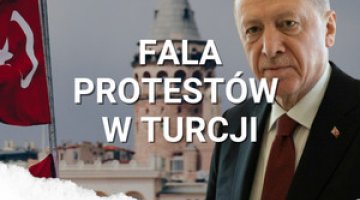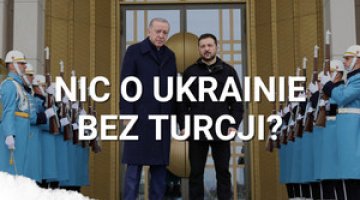Canceled election of the mayor of Istanbul
On 6 May, Turkey’s Supreme Electoral Council (YSK) ruled to annul the election for the mayor of Istanbul of 31 March. It had been won by the candidate of the opposition Republican People’s Party (CHP), Ekrem İmamoğlu. The election will be repeated on 23 June. The YSK’s main argument behind its decision was that the staff of the election commissions did not include a sufficient number of state officials. This argumentation was questioned by the opposition and some lawyers. Despite the tension, people did not take to the streets, and the CHP abandoned its initial idea to boycott the newly scheduled election and embarked upon its election campaign. The annulment of the election was criticised by the European Union, which deemed that the decision undermined the people’s trust in democratic mechanisms, and appealed for presenting detailed reasons for the ruling to be presented.
Commentary
- The decision to annul the election in Istanbul was passed after the governing Justice and Development Party (AKP) lost power in Turkey’s largest urban centres (a CHP candidate also won in Ankara). For the opposition, the electoral success meant that, regardless of the authoritarian tendencies manifested by the governing party and President Recep Tayyip Erdoğan, it is possible to capitalise on public dissatisfaction and take power in democratic elections. However, the AKP is not ready to relinquish power in Turkey’s largest city. Istanbul is home to 18% of the country’s population and is the main economic centre (and, consequently, a centre of political and business deals controlled by the AKP). Furthermore, if the opposition governed a city with a population of 15 million, a significant section of whom maintain strong bonds with their regions of origin, the AKP’s position might be challenged on the scale of the entire country.
- The process leading from İmamoğlu’s victory to the decision to repeat the election is an illustration of the constant tension existing between institutions (which, formally, should operate independently) and the AKP (which holds a dominant position in the state apparatus as a whole). Since the opposition candidate won the election by a small margin (less than 14,000 votes), the governing party launched a campaign aimed at calling the election result into question; this lasted over one month. The YSK rejected complaints concerning: the number of votes cast by unauthorised individuals (which allegedly exceeded the difference in the number of votes cast for the candidates); the claims that individuals who had been dismissed from work for the state administration had no right to vote; etc. In turn, Erdoğan himself claimed that the irregularities were an effect of the opposition’s ‘organised moves’. Give all this, the YSK (which had approved the lists of the election commission members and had published them a month before the election) yielded to the enormous political pressure from the government camp.
- Turkey will be the scene of extremely bitter political rivalry in the coming weeks. The CHP is mobilising its electorate, presenting itself as a democratic force opposed to the authoritarian AKP. It will use this to make efforts to gain support from those voters who are outraged by the manner in which the AKP has led to repeating the election and also those dissatisfied with the worsening economic situation. In turn, the government’s key asset is its dominance in the state apparatus, which will enable it to continue to put pressure on state officials, including commissions (some of whose members will be replaced). Another of its strengths is its dominance in the media where a traditional motif is to stoke fear of a further destabilisation of the state among citizens.




